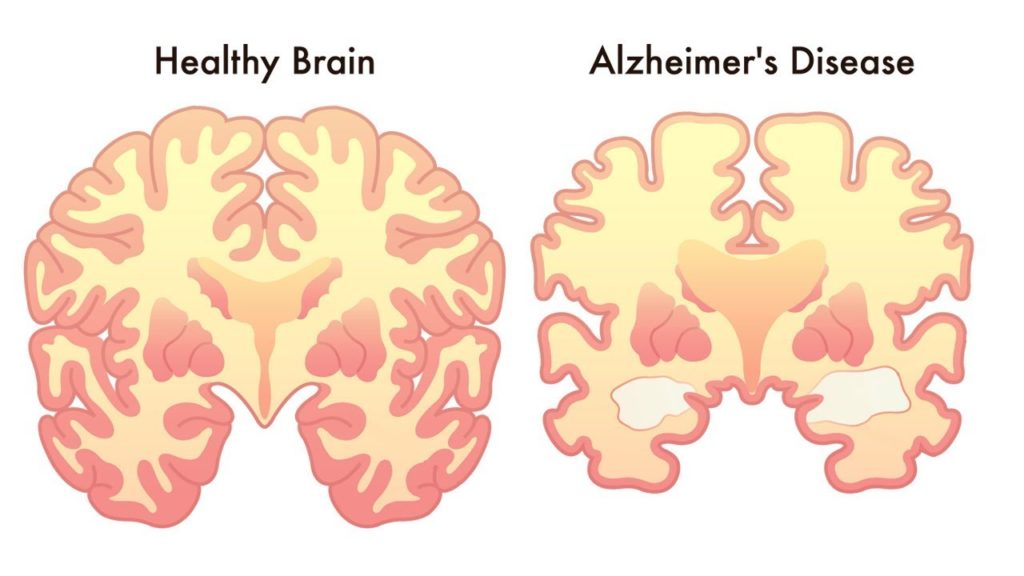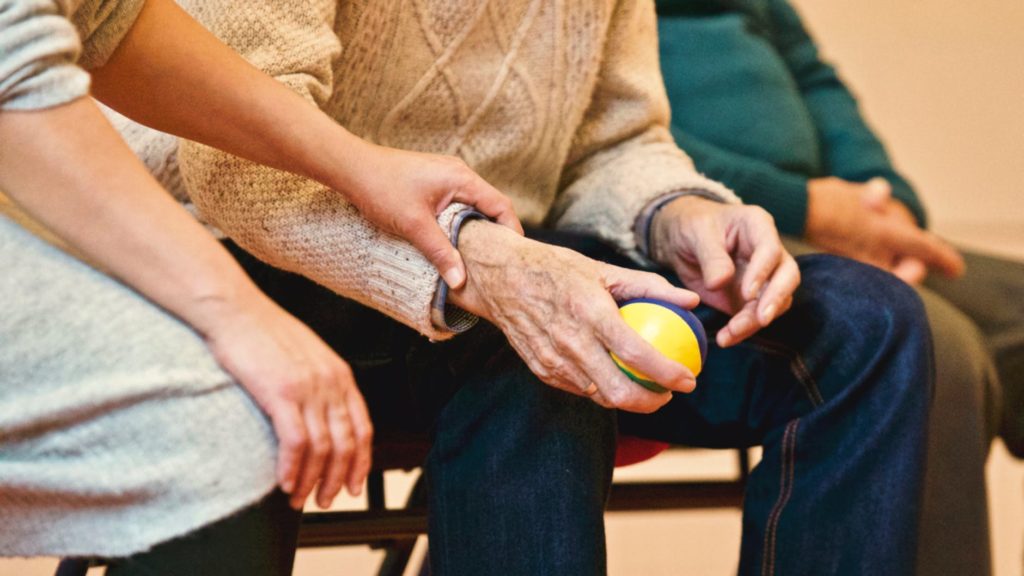When you have a loved one diagnosed with Alzheimer’s, it can be overwhelming for you as well as for your loved one. From knowing what to expect to understand how to care for your loved one, there’s a lot involved in moving from diagnosis to healthy living. If you are providing care for a loved one with Alzheimer’s, there are things you should know after the diagnosis that can help you meet their needs better.
What is Alzheimer’s?

source: youtube.com
Alzheimer’s is a progressive disease that is most well-known for its ability to destroy people’s memories. While it begins as minor memory lapses and difficulty with thinking, symptoms worsen over time until the person with Alzheimer’s has difficulty speaking, walking, and swallowing. Unfortunately, there is no cure for Alzheimer’s.
What You Should Know When a Loved One Is Diagnosed?

A diagnosis of Alzheimer’s can be overwhelming for your loved one and for you, as well. If you have a loved one who has been diagnosed with Alzheimer’s disease, there are things you can do for your loved one. In order to be the best help possible, here are some things you need to know after diagnosis.
Knowledge is Power

The first and most important thing you need to know is about the disease itself. The more you know about Alzheimer’s, the easier it will be for you to help your loved one after diagnosis. Along with independent research, be sure to ask your loved one’s care provider as many questions as possible. You should learn about the disease as well as how it is affecting your loved one. Even though there are common symptoms, each person is affected differently.
Patience is Essential

Caring for a loved one with Alzheimer’s can be frustrating for the patient as well as for the caregiver. It’s important to be as patient as possible when helping your loved one. Remember that they don’t want to forget things or experience mood changes, but they have no control over it. Staying patient will make it easier to deal with challenges along the way.
Physical Health is Necessary

As people age, their physical health changes. They can have greater risks for health problems, and they may find it harder to stay physically active. In addition, Alzheimer’s can make it harder for your loved one to remember to eat regularly, drink water, and take their medications. Make sure you help them prioritize physical health. Good physical health will help with their mental and emotional health, as well.
Routine is Helpful

When your loved one is experiencing symptoms of Alzheimer’s, unexpected changes and a lack of routine can be frustrating. Creating a regular routine will help your loved one know what to expect on a daily basis, which can help avoid upsetting last-minute changes. The regular routine will also be helpful for you, as a caregiver, so that you can provide everything needed for your loved one.
Documentation is Useful

Documentation is important when caring for your loved one with Alzheimer’s. This means a written explanation of all medications, dietary requirements, and anything else related to this treatment as well as legal documentation required by your state, such as a living will or power of attorney. Keep all documentation in a safe place and update it as often as needed.
Independence is Still Needed

As your loved one’s symptoms progress, it will likely be more difficult for him or her to be independent. However, be sure to allow your loved one to remain as independent as possible for as long as possible. Feeling out of control can be frustrating for an older adult, and it may be worse among those with Alzheimer’s. Keeping as much independence as possible will help alleviate that and help relieve some of the pressure you have as a caregiver.
Communication is Key

Communication is key to a successful relationship as you’re providing care for your loved one. You should communicate with your loved one to make sure that his or her needs are being met on a daily basis. You should also communicate with your loved one’s care team to make sure that everything is being done to keep your loved one as healthy and happy as possible. When you have questions, concerns, or need clarification, be sure to communicate with someone about them.
Adaptation is Valuable

Even though routine is good for your loved one, it’s important to be adaptable, as well. As your loved one’s symptoms progress, his or her needs may change. You should be prepared to adapt to those changing needs so that you can be sure that your loved one is getting everything needed to be healthy and happy. However, try to avoid changing too much at once so your loved one won’t feel overwhelmed by the changes.
Self-Care is Essential

When you’re a caregiver to someone with Alzheimer’s, you may be focused completely on your loved one. It’s understandable that the majority of your time and attention is on your loved one’s needs. However, it’s also important for you to take care of yourself. Caregiver burnout can happen, especially with long-term caregiving. If you don’t take care of yourself, you won’t be able to take care of your loved one. Make sure you take time for your own health and well-being while you take care of your loved one.
Support is Necessary

A lot of care is required for someone with Alzheimer’s. As their symptoms progress, so do their needs. That’s why it’s necessary for your loved one (and you) to have support in your caregiving. Along with your loved one’s care providers, make sure you have the support you can lean on to help with caregiving. This may include family members and friends, home nurses, or others.
If your loved one has been diagnosed with Alzheimer’s, there are things you need to know so you can provide care for them. Understanding the disease, how it affects them, and how to provide care will help your loved one live a healthy, happy life after diagnosis.





